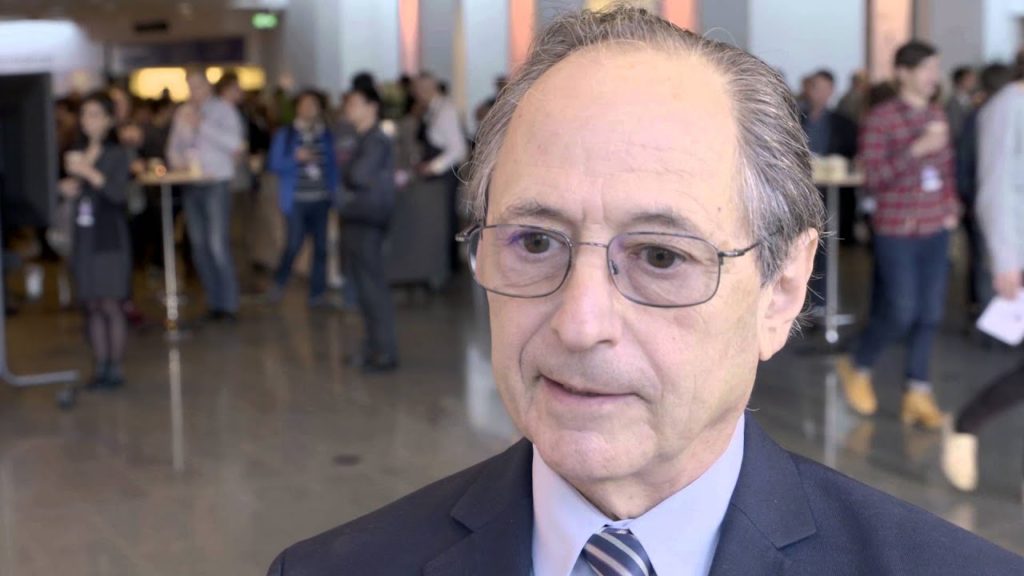While South Africa has been lauded for its quick response and efficient implementation of a nationwide lockdown, one of the country’s most prized academics thinks this was not the best plan of action.
Nobel Prize winning scientist and Standford University professor Michael Levitt is South Africa’s only scientist Nobel Prize winner. He is the head of the Stanford Medicine’s Structural Biology department and a world leader in molecular and structural biology. Over the years, Levitt has earned himself a reputation as a distinguished academic mind. Many feel he should have been called upon to discuss the plan for South Africa’s response to lockdown.
Since the coronavirus pandemic first started, Levitt’s Lab group has been working non-stop on data analysis of COVID-19.
Levitt expressed his thoughts on the lockdown during an interview with Freddie Sayers on Unheard.com, labeling the move “a huge mistake”.
According to Levitt, more attention should have been paid to how other countries like China handled the threat of COVID-19. A smarter plan according to Levitt would have been to promote face masks, hand disinfecting substances and focus on a form of payment that does not require touching like credits cards. Instead of isolating the whole country, only the elderly should have been isolated.
Levitt mentions Germany and Sweden as the ideal models for coronavirus response, the identifying factor here being their promotion of herd immunity and not practicing lockdown for too long. In his opinion these countries will be able to protect themselves from waves of the virus while others like Austria and Australia won’t be able to due to an extended lockdown that was initiated too soon.
The award-winning scientist feels countries that have implemented a hard lockdown will be harshly judged by future generations for their mistakes.
He emphasises his opinion that it is most important to track each country’s infected residents and ensure that those who are infected do not infect others. He again praises China for its response to the virus saying that many of the country’s habits that existed before the virus helped officials manage the spread, including wearing face masks, paying for items via cellphone, having temperature checking thermometers in busy public spaces and simply knowing where their people are.
Levitt says if South Africa could turn back time and do things differently it would be better to practice a smart lockdown instead of a hard lockdown.
Listen to the full interview here.
Picture: YouTube

